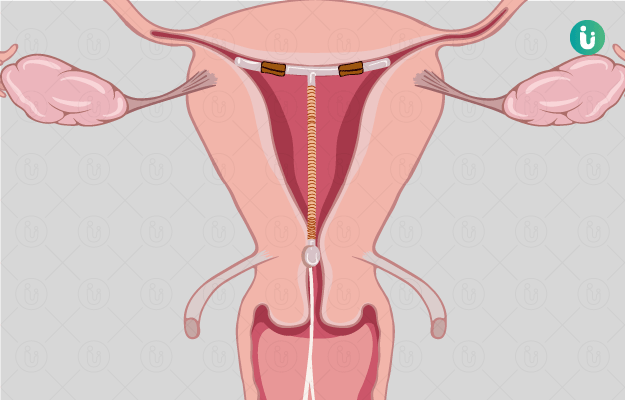If you have just discovered that you’re pregnant and have started planning the rest of your gestation period, you might be wondering about the right diet for pregnancy, checkups during pregnancy, vitamin and mineral supplements you need during pregnancy, etc. It’s very important to make sure that you include exercise in this plan, too.
Contrary to popular belief, exercise during pregnancy is not harmful. In fact, it’s a necessity, because staying physically active throughout your pregnancy will help you cope with your changing shape and weight. What’s more, it will help you through labour and get you back in shape faster after delivery.
If you have been exercising, especially by engaging in activities like swimming, jogging, walking, dancing or yoga, you should continue to do so when you’re pregnant. If you did not exercise before your pregnancy, it’s best to do some exercises but nothing strenuous.
There are some conditions in which exercise during pregnancy is not recommended. This is the reason why you should talk to your doctor about your exercise regimen during pregnancy. If your body gives warning signs like abdominal pain while you’re exercising, you should stop and evaluate your situation, and opt for an activity better suited to you. Read on to find out everything you need to know about exercise during pregnancy.










































